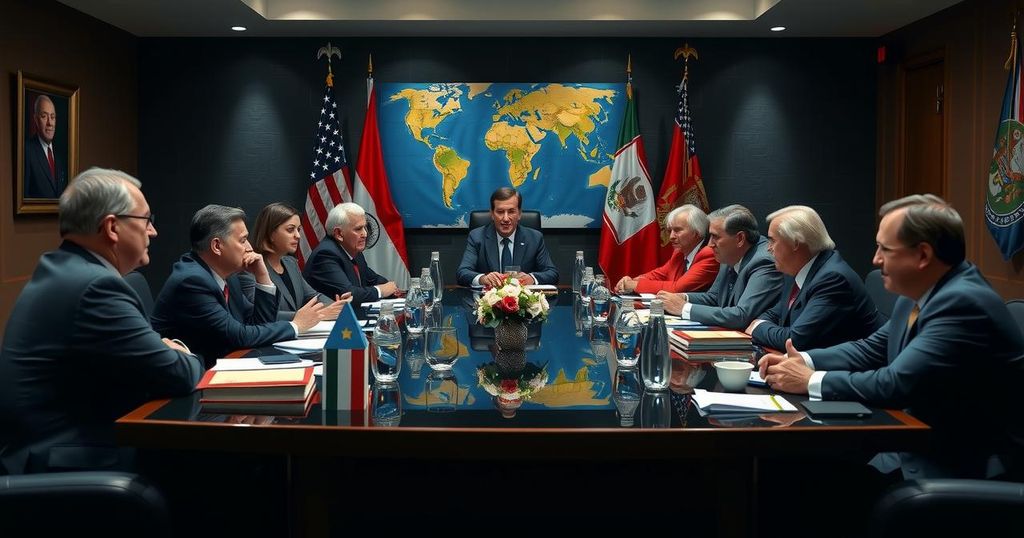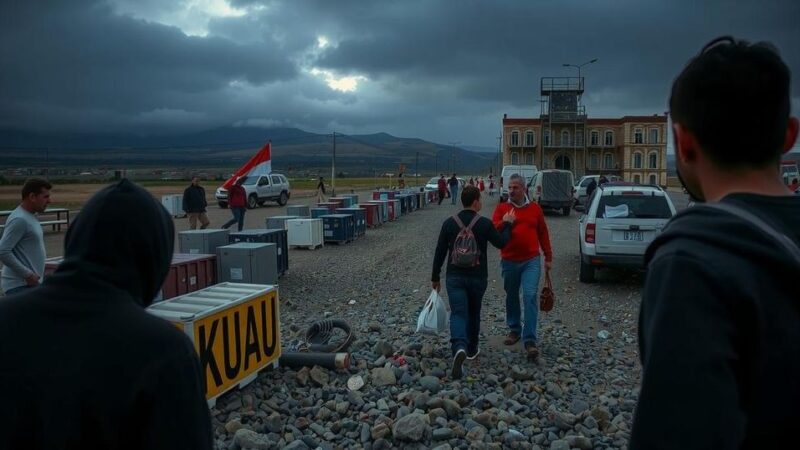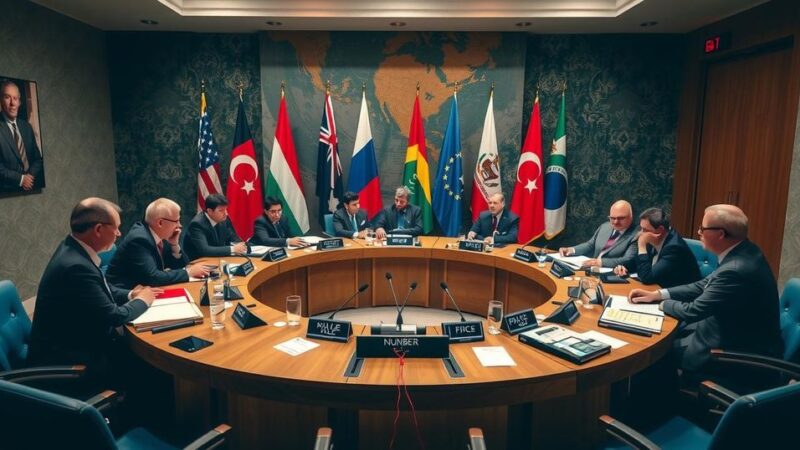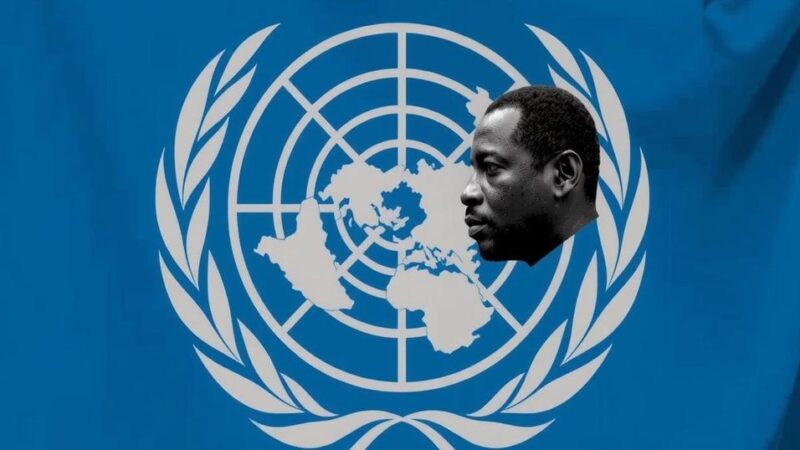The G20 summit in Brazil focuses on climate change and conflicts in Ukraine and the Middle East. President Biden’s presence marks his last summit, while President Lula highlights hunger and wealth taxation. Tensions exist over the final communique and financial commitments for climate initiatives. The summit aims to foster global cooperation amidst rising challenges such as poverty and environmental crises.
The G20 summit commenced in Brazil on Monday as global leaders aim to address persistent challenges including climate change and the ongoing conflicts in Ukraine and the Middle East. United States President Joe Biden, attending his final summit as a sitting president, is overshadowed by Chinese President Xi Jinping, a significant figure in the discussions. Brazil’s President Luiz Inacio Lula da Silva is focusing on his core issues such as combating hunger and climate change, alongside advocating for increased taxation on the wealthy. A source from Brazil’s foreign ministry indicated that some nations are advocating for revisions to the draft summit communique, particularly concerning the discussions around wars and climate initiatives. Biden’s recent authorization for Ukraine to employ long-range U.S. missiles against Russian targets has the potential to alter European allies’ positions as well. Meanwhile, leaders are under pressure to revive stalled U.N. climate negotiations, which center around securing $1 trillion annually from developed nations for mitigation efforts in developing countries. In a backdrop marked by security concerns due to a recent failed bomb attack by a suspected extremist, the summit signifies a pivotal event in global diplomacy. Biden, on his diplomatic farewell tour, is aiming to solidify his legacy, emphasizing that his climate policies will endure beyond a potential second Trump administration. The COP29 climate conference in Azerbaijan, now closely linked to the G20 discussions, seeks to resolve disagreement on financial commitments to combat climate change. The summit also endeavors to spotlight issues of poverty and hunger, alongside a proposal for higher taxes on billionaires. However, tensions arose from the presence of Argentinian President Javier Milei, who has expressed qualms regarding certain aspects of Lula’s agenda. The Brazilian government remains optimistic about achieving a consensus despite these challenges, continuing its push for effective solutions to pressing global issues.
The G20 summit serves as a platform for the world’s major economies to converge and address critical international challenges such as climate change and geopolitical conflicts. As Brazil hosts the summit, it becomes a crucial venue for United States and global leaders to navigate the complexities of their relationships, particularly in light of changing political dynamics with the anticipated return of former President Donald Trump. The summit’s focus on poverty, climate action, and taxation underscores the urgent need for collaborative solutions to these pressing issues, especially amidst a backdrop of significant environmental concerns and international instability stemming from wars in Ukraine and the Middle East.
In conclusion, the G20 summit in Brazil encapsulates a pivotal gathering of world leaders aiming to tackle pressing global issues such as climate change, armed conflicts, and poverty. The dynamics among nations, particularly concerning financial commitments and taxation of wealthy individuals, will significantly shape the outcomes of this summit. President Lula’s advocacy for addressing hunger and enhancing climate initiatives reflects a growing consciousness regarding the interconnectedness of economic equity and climate resilience in the face of extreme weather and ongoing conflicts. The discussions at this summit may well set the stage for future international cooperation on these vital issues.
Original Source: www.fox28spokane.com






